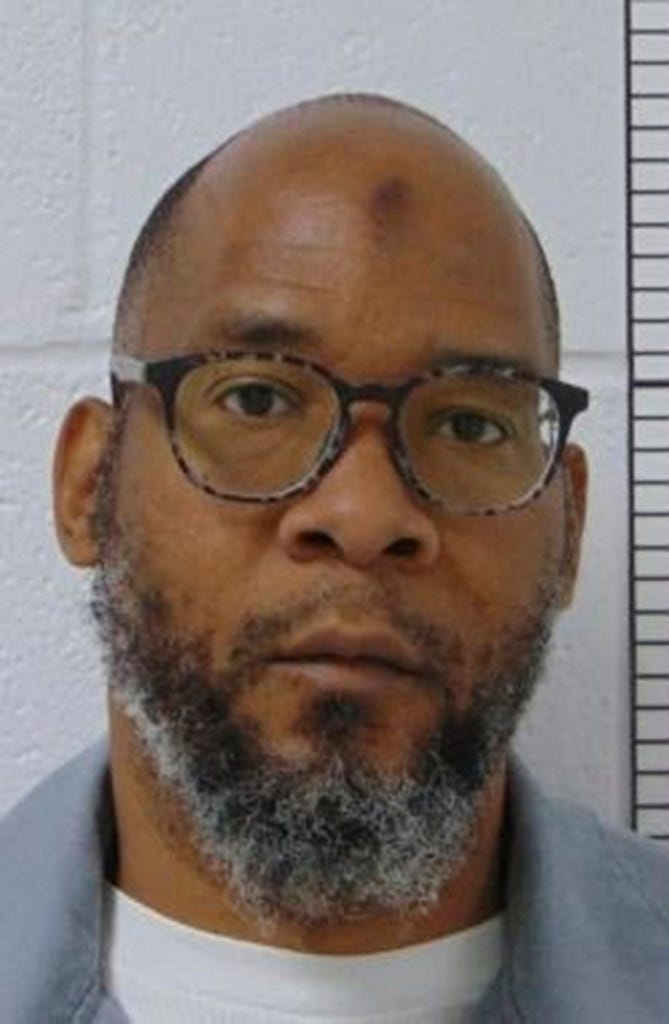
ST. LOUIS (KMOX) - St. Louis Circuit Attorney Gabe Gore office has filed a petition to dismiss the murder conviction of Christopher Dunn, who has been a serving a life sentence since 1991 for the murder of a 14-year-old boy.
In the motion that was filed and released to the media Wednesday, Gore's office writes they have "concluded that there is clear and convincing evidence of Christopher Dunn’s actual innocence that undermines the confidence in the judgment against him."
In 1991, Dunn, who was then 19-years-old, was convicted of first-degree murder and received a sentence of life without the possibility of parole in the shooting death of Ricco Rogers, who was 14 at the time of the shooting in 1990.
Dunn's conviction was Rogers based solely on the testimony of two eyewitnesses, who were teenagers at the time, but they have since recanted their statements after admitting they were pressurized by prosecutors and police to say it was Dunn.
In her finals days of office, then-Circuit Attorney Kim Gardner filed a motion seeking to free Dunn in May 2023, but Gore's office withdrew it a month later to review the case.
Dunn's conviction will now head to a hearing with a judge in the 22nd Circuit Court where they will review evidence presented at Dunn's original trial, along additional evidence that has since been presented in post-conviction proceedings and any new evidence presented at the hearing.
Dunn previously was heard by a Missouri judge in 2020 when Judge William Hickle in the 25th Judicial Court ruled “this Court does not believe that any jury would now convict Christopher Dunn under these facts" but dismissed Dunn’s freestanding innocence claim on purely procedural grounds and a 2016 ruling by the Missouri Supreme Court only death-row inmates could make a “freestanding” claim of actual innocence, not those serving life in prison without parole.
Those grounds have since changed since the ruling, with a new law passed in the state of Missouri in 2021 now giving prosecutors the authority to seek a hearing if they have new evidence that the convicted person might have been wrongfully convicted. Kevin Strickland and Lamar Johnson were the first two to have benefitted from the new law after having their convictions overturned.
